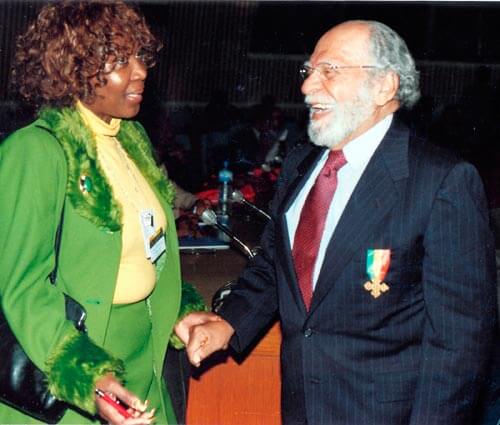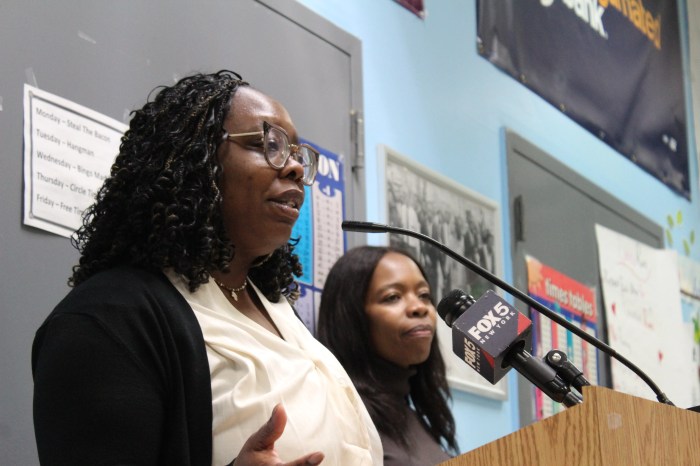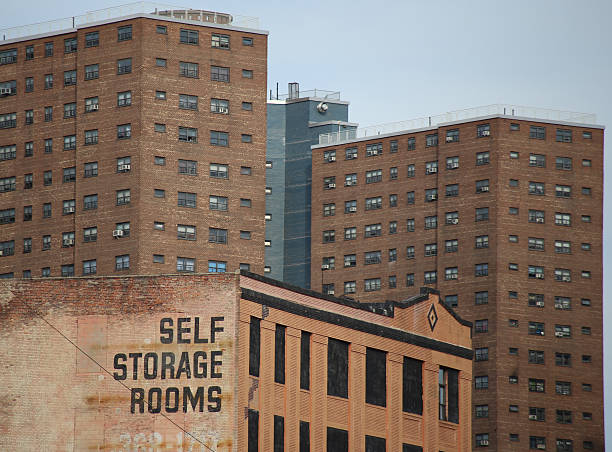UNITED NATIONS, Sept. 30 – The G20, a group of powerful political and economic decision-makers criticized for its exclusivity, has invited five non- members to its next summit meeting in South Korea in November.
The five invitees, who will participate in the upcoming summit in Seoul, are Ethiopia, Malawi, Singapore, Spain and Vietnam.
Malawi has been invited in its capacity as chair of the African Union; Ethiopia as chair of the New Partnership for Africa’s Development (NEPAD); Vietnam as chair of the Association of Southeast Asian Nations (ASEAN); Singapore as chair of the Global Governance Group (3G); and Spain as “one of the 10 largest economies in the world and a participant in the past four G20 summits”.
Ambassador Vanu Gopala Menon of Singapore told IPS the decision by South Korea to invite some non-G20 countries “appears to indicate that the G20 is moving towards practising variable geometry [the idea that not every country need take part in every policy but some can cooperate more closely], a concept advocated by 3G.”
He noted, however, that there is no formal position of chair of the 3G, and Singapore was only the convenor of 3G meetings. “We therefore cannot claim to represent the 3G although we will, in line with the 3G’s spirit of inclusivity and transparency,” he said.
Menon said that Singapore will do its best to represent 3G “views and concerns” at G20 meetings and other fora.
In keeping with the G20’s previous practice, South Korea has also invited several international organizations for the Seoul summit scheduled to take place Nov. 11-12. They include the United Nations, the International Labour Organization (ILO), the World Bank, the International Monetary Fund (IMF), the Organization for Economic Cooperation and Development (OECD), the World Trade Organization and the Financial Stability Board (FSB).
The G20 was spawned by the former G8, comprising the world’s most industrialised nations – namely the United States, Britain, France, Germany, Italy, Japan, Canada and Russia. It includes Australia, Mexico, South Korea, Turkey, and also seven developing countries – namely Argentina, Brazil, China, India, Indonesia, Saudi Arabia and South Africa – plus the European Union.
Addressing the General Assembly last week, Celso Amorim, the foreign minister of Brazil, decried the presence of only one African nation in the G20. “The Group must be adjusted to ensure greater African participation,” he said.
Amorim said the G20’s “relevance and legitimacy” can only be preserved if it maintains frank and permanent dialogue with all the 192 nations represented in the General Assembly.
Joseph Deiss, the president of the General Assembly, pointedly warned that “the United Nations is in danger of being marginalised by the emergence of other actors on the international stage”.
“The feeling is that a decision on urgent action can be taken more easily and quickly in a smaller forum,” said Deiss, a former president of the Swiss Confederation, making an oblique reference to the G20.(IPS/GIN)



















